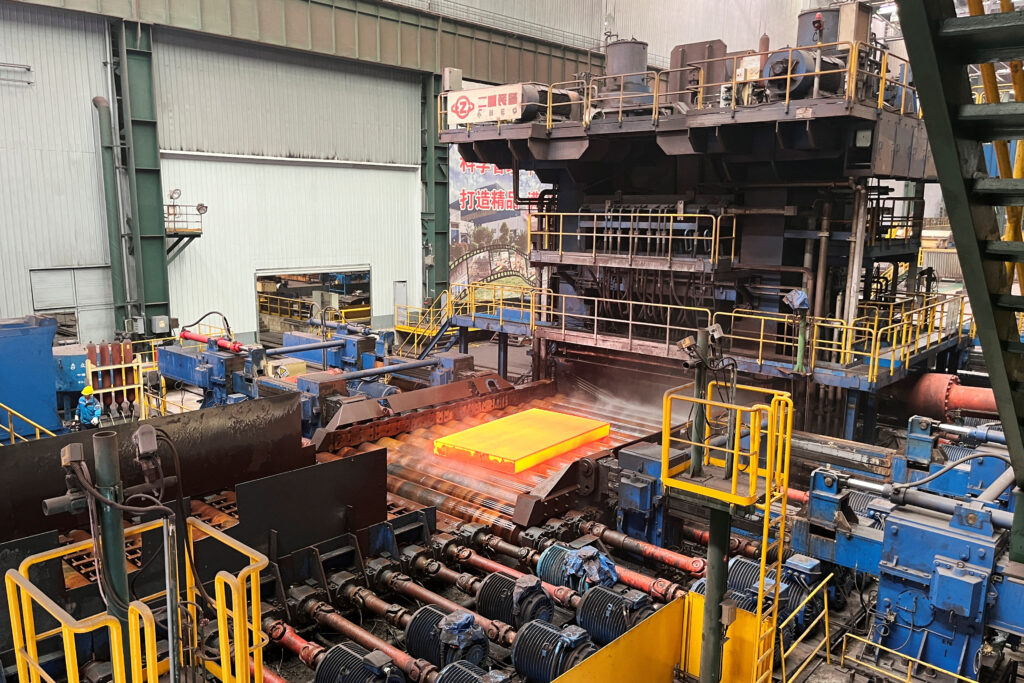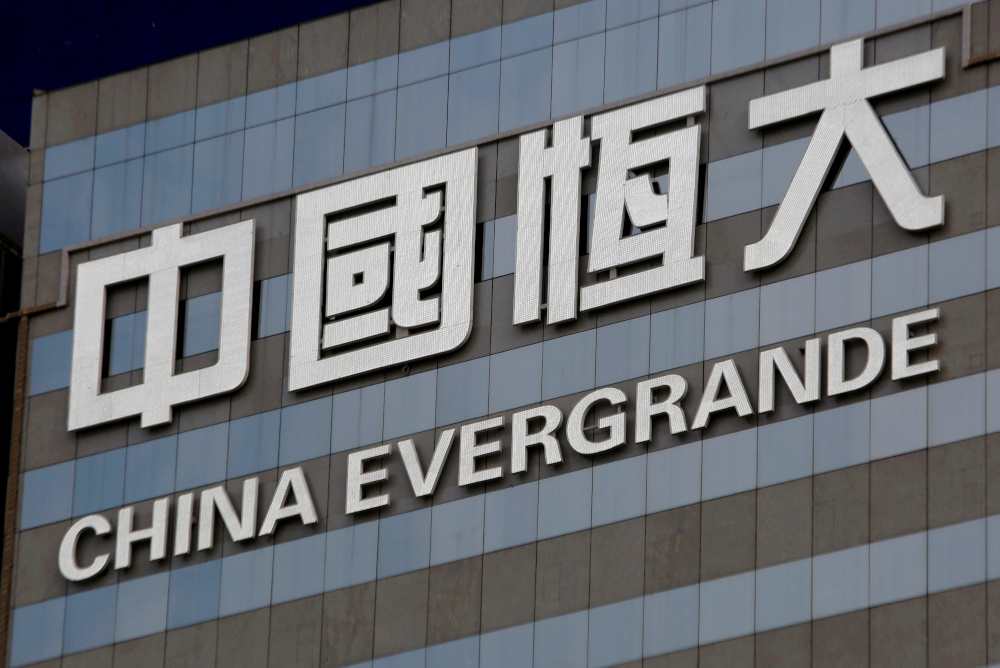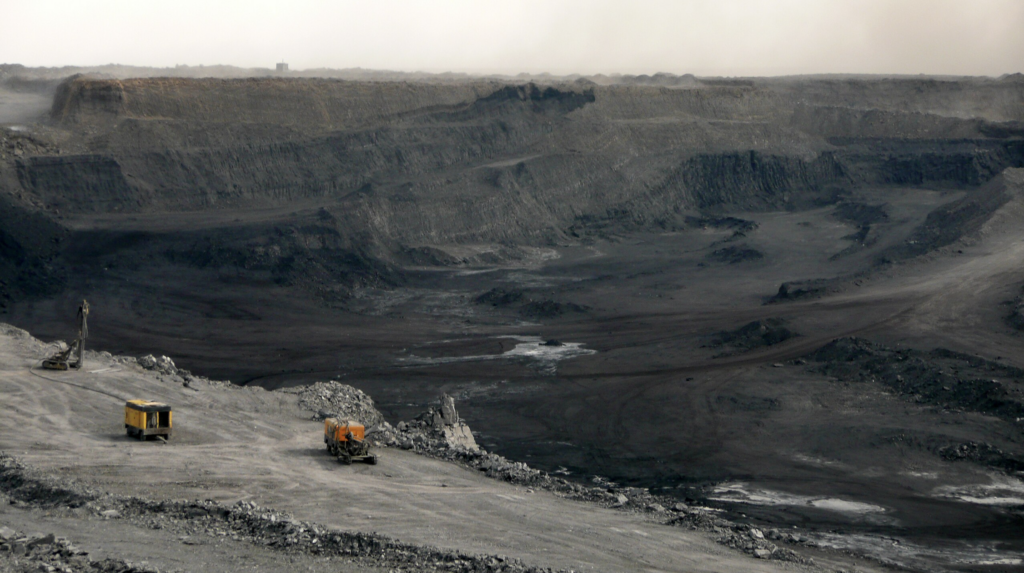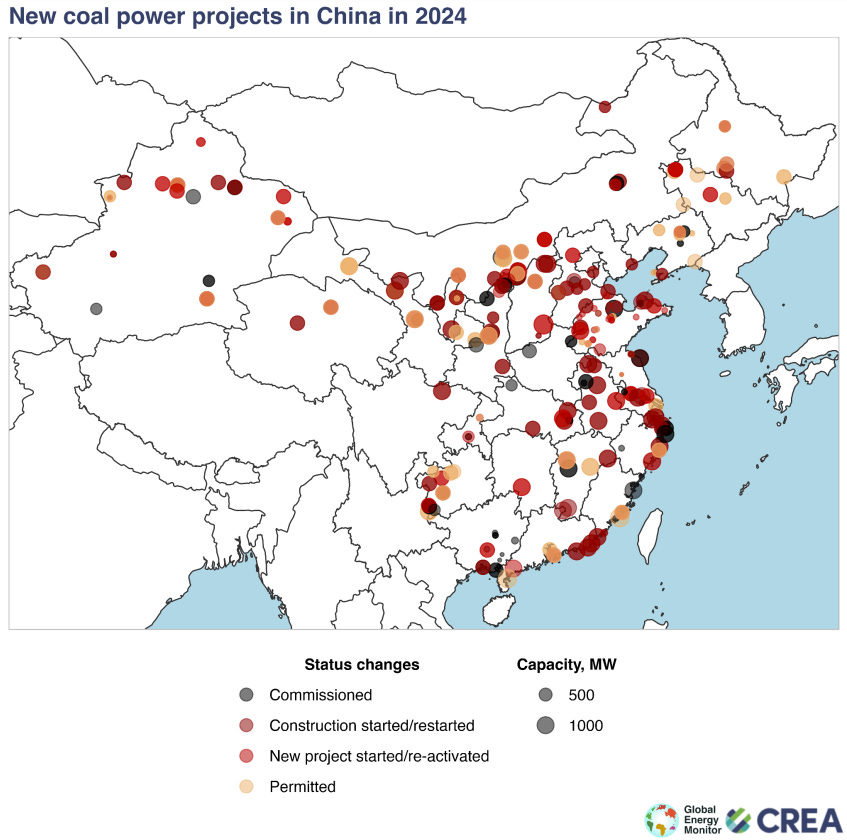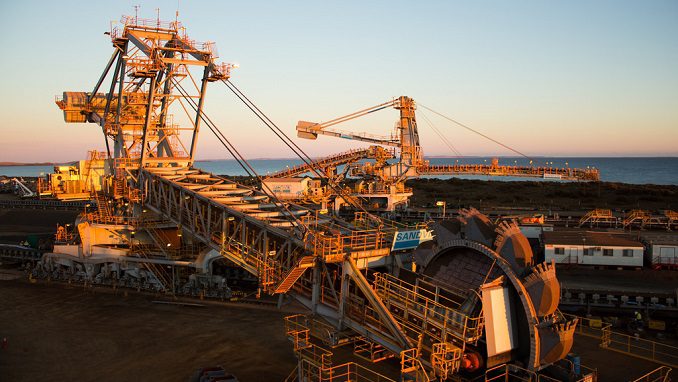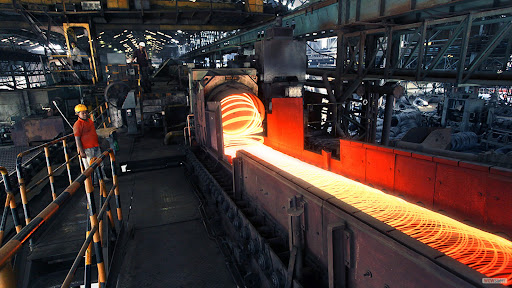On March 13, the Chinese city district of Handan (Hebei Province) introduced a second-level state of emergency to reduce environmental pollution. As a result, industrial enterprises, including steel mills, have to adjust their production plans. This was reported by SteelOrbis.
The timing of the emergency will be announced later.
Starting March 14, Hebei Province may experience high pollution weather due to persistent weak southerly winds, high humidity and deteriorating conditions for the diffusion of pollutants.
Industrial enterprises are expected to adjust their production plans in a reasonable manner.
According to the rules of the second-level emergency, only steel plants with minimum emission levels included in Group A – in 2023, this included eight steel plants in the city district – can operate normally. Others will have to reduce emissions and production by 30-50%.
Steel mills in China’s Yunnan province in the southwest of the country have begun to cut production in an effort to mitigate losses. According to the region’s steel industry association, the move was driven by a weaker-than-expected recovery in market demand after the New Year holidays and higher iron ore and coal prices.
As GMK Center reported earlier, China’s steelmaking companies produced 1.019 billion tons of steel in 2023, up 0.6% year-on-year. Thus, the downward trend in the country’s steel industry has stopped after two consecutive years of declining production. Pig iron production in China in 2023 amounted to 871 million tons, up 0.7% y/y.
Source: GMK Center

